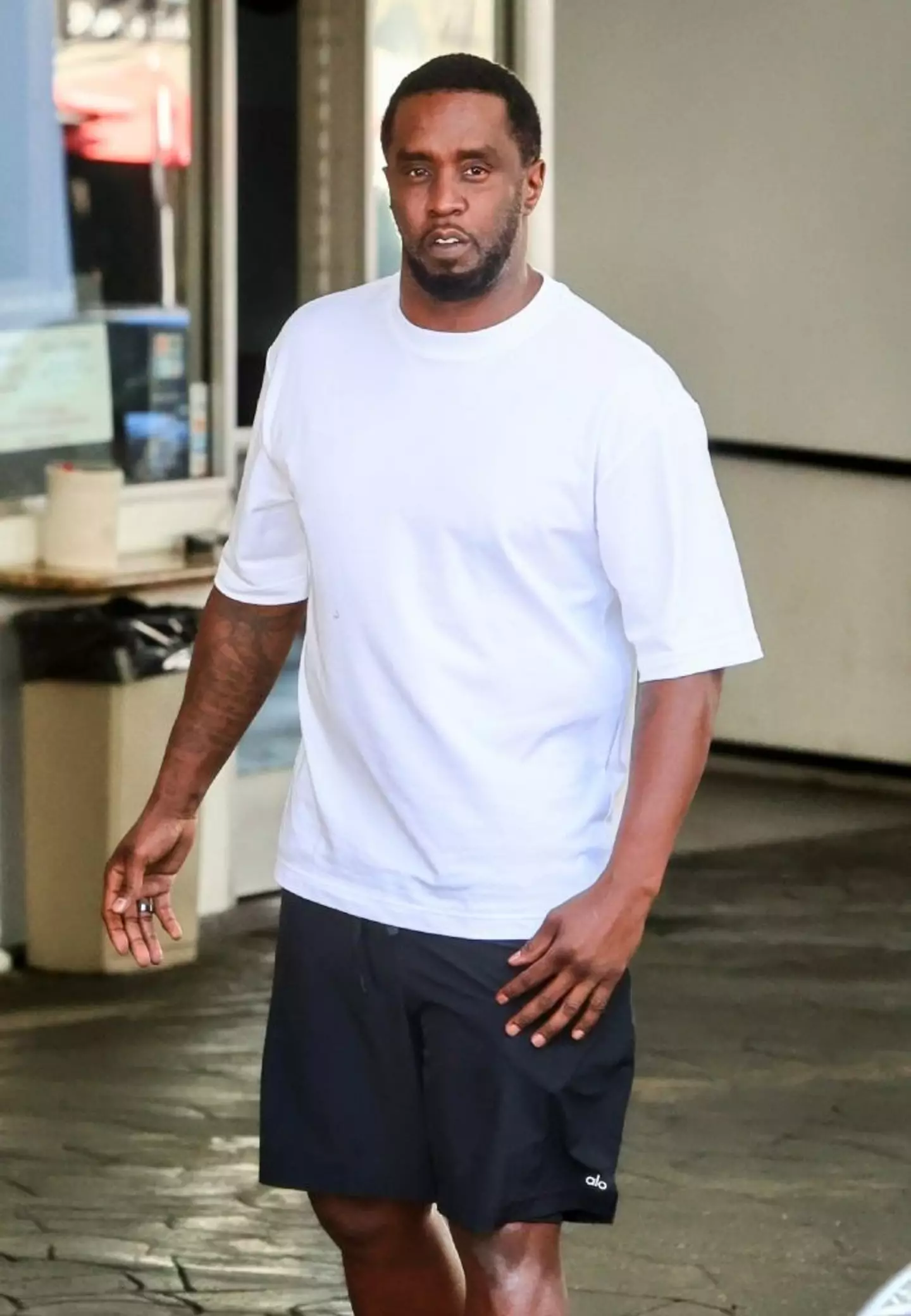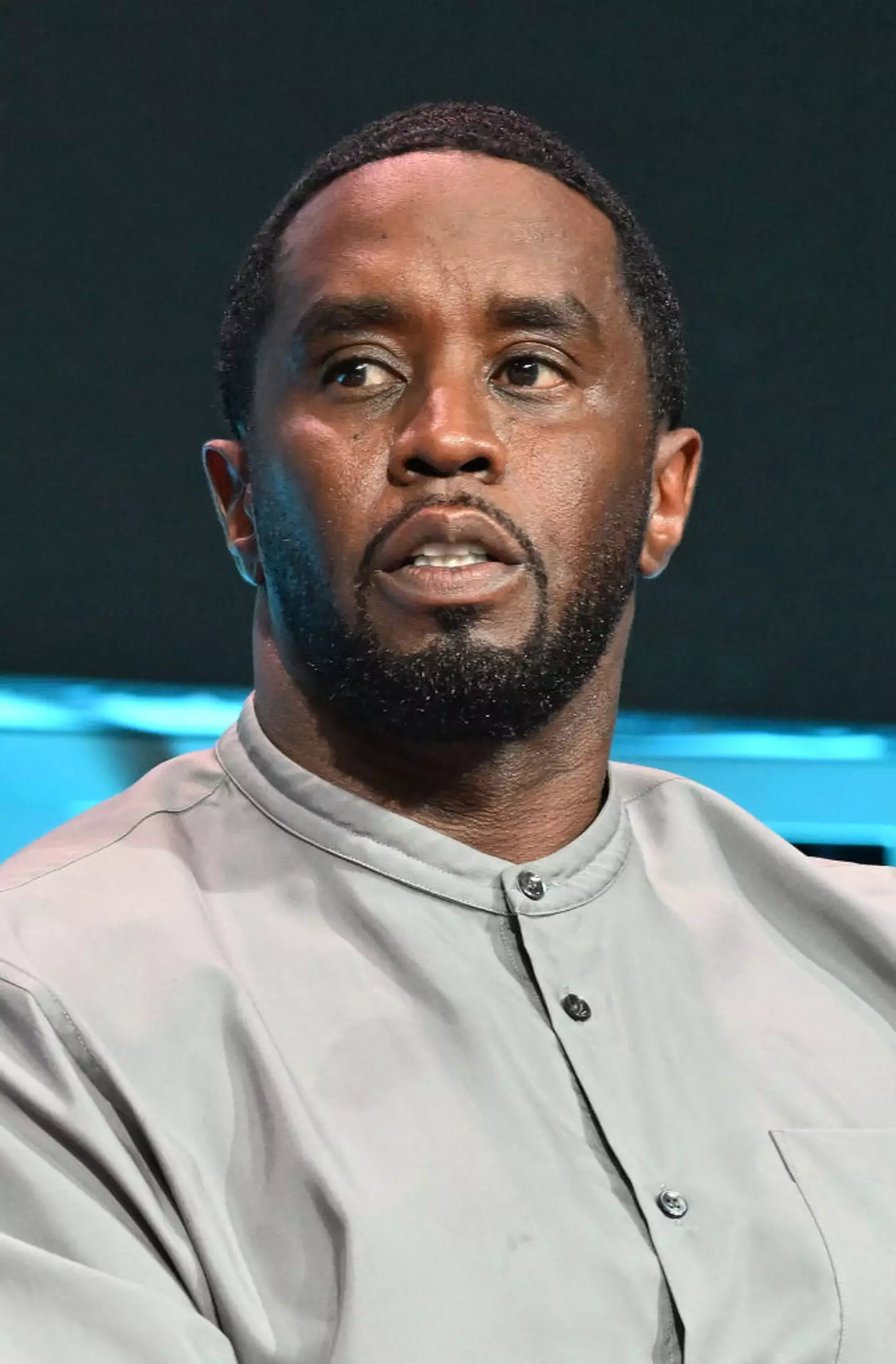Warning: This article contains discussion of sexual assault which some readers may find distressing.
Jurors at the highly-publicised trial against Sean 'Diddy' Combs' reached a partial verdict on Tuesday (1 July) but it's clear they can’t decide on one major count.
The jury, which consisted of eight men and four women, was ordered to keep deliberating by Manhattan federal court Judge Arun Subramanian after reporting it had reached a verdict on four out of five counts.
"We have reached a verdict on counts 2, 3, 4 and 5," the jury’s note said, a statement which refers to two sex-trafficking charges and two counts of transportation to engage in prostitution.
However, they were unable to agree on the top charge of the trial following 12 hours of deliberating.
Jurors at the Diddy trial reached a partial verdict on Tuesday (1 July) (George Napolitano/FilmMagic) What is a partial verdict?
According to Cornell Law School, the term 'partial verdict' refers to 'the situation in which the jury after some deliberation returns a verdict as to only some of the counts or some of the defendants prior to the remaining matters before it'.
A jury can only give a verdict on a charge if all 12 jurors agree.
Jurors can't agree on the racketeering charge (MEGA / Contributor / Getty Images) What charge can’t jurors agree on in Diddy’s trial?
After the jury reached unanimous decisions on four of the five counts in Combs' indictment, they told the court they were 'unable' to reach agreement on count 1, saying they had 'unpersuadable opinions on both sides'.
"We have not reached a verdict on count 1 because we have unpersuadable jurors on both sides," the note continued, referring to the charge that falls under Racketeer Influenced Corrupt Organizations or RICO.
The US government introduced this law back in 1970 with an aim to take down crime gangs, seeking to tie crime bosses to the offences of those working under them.
While racketeering generally refers to the illegal activity of a criminal organisation, the RICO act defines 'racketeering activity' as any act or threat that involves several different crimes including the likes of bribery, arson, extortion, kidnapping and murder.
The racketeering charge is the most serious charge against Combs - who is accused of leading a criminal enterprise for as long as two decades - as it carries a maximum sentence of life in prison.
In order to secure a guilty verdict on a RICO charge, prosecutors must show that: "Members of a so-called enterprise, or group of people engaged in a common purpose, committed or planned to commit two other crimes in connection with the enterprise within a 10-year period."
Deliberations are expected to continue Wednesday (2 July) (Paras Griffin / Contributor / Getty Images) What happens next in Diddy’s trial?
Now, while we know that the jury agreed on four charges - it's not yet been confirmed whether they have found Combs guilty or not guilty of those charges.
If the jury are ultimately unable to agree on a final verdict for the racketeering charges, they may be allowed to deliver a partial verdict.
The prosecution would then have the option of running a retrial on the charge they couldn't agree on.
If the jury end up finding the Bad Boy Records founder not guilty on the other charges, the prosecution might be more inclined to push ahead with a retrial on the racketeering charge.
However, if they find him guilty and the prosecution is satisfied with the length of his jail sentence, it might be less inclined to go for a retrial - something which would likely be very distressing to prosecution witnesses, like his ex Cassie Ventura, who have already been through the ordeal of having to relive alleged traumatic assaults in such a public setting.
Deliberations are set to continue Wednesday (2 July).

 Rhiannon Ingle
Rhiannon Ingle

